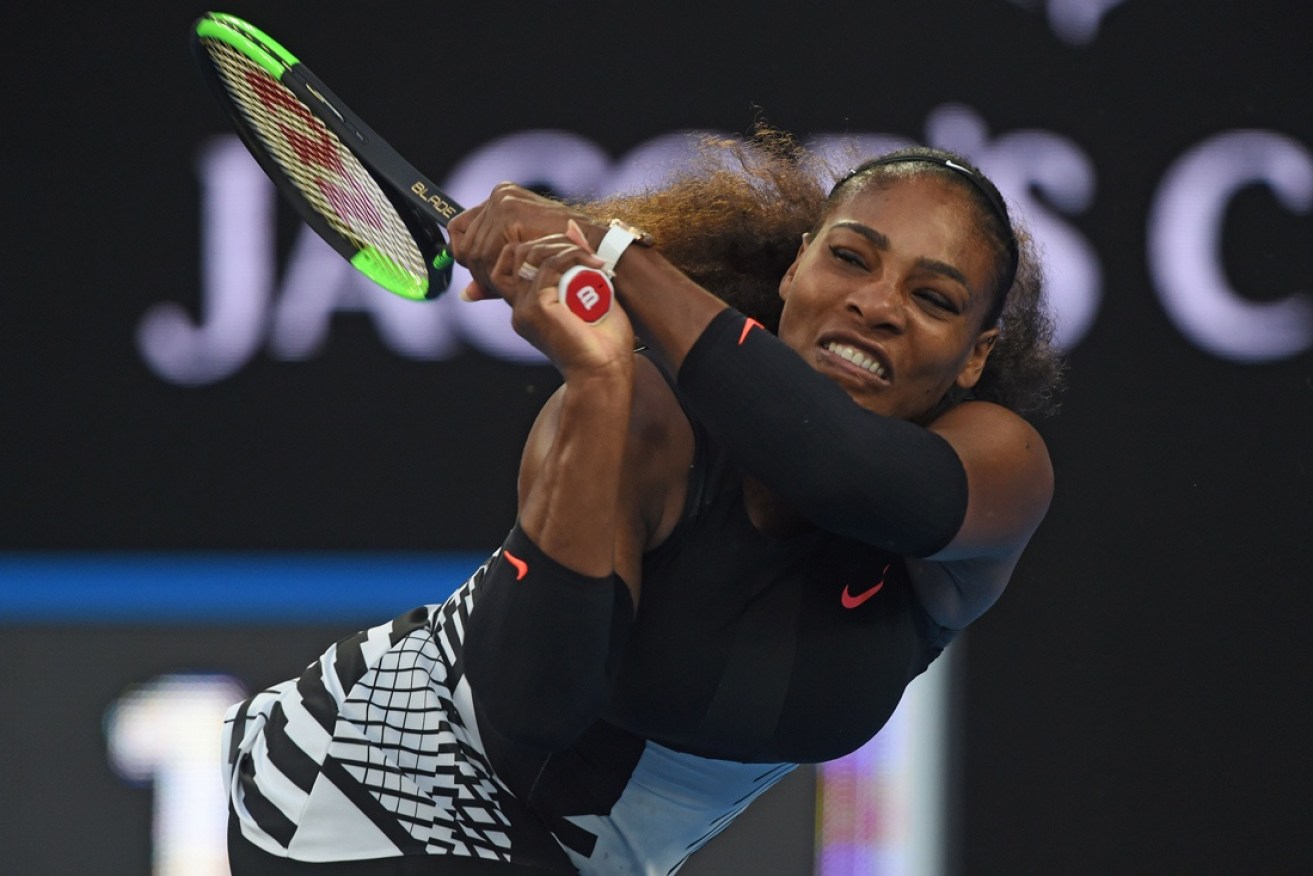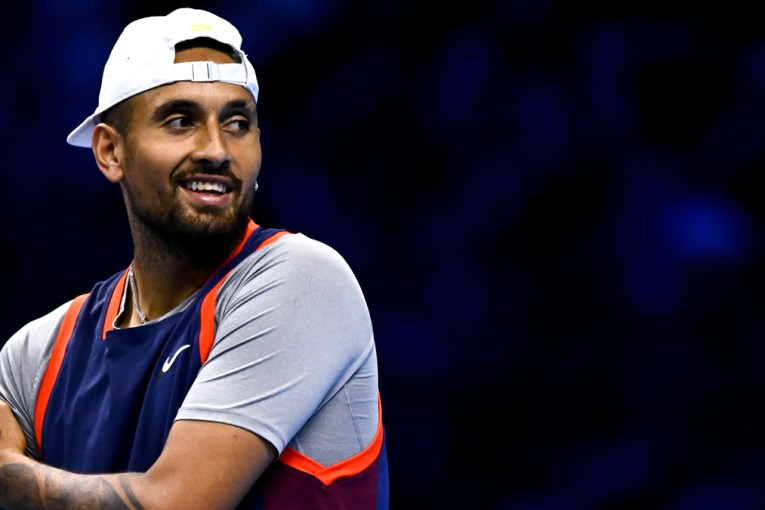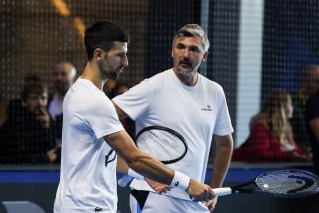How pregnancy could have helped Serena Williams on the court


Serena Williams' publicist says she will return to tennis in 2018. Photo: Getty
Serena Williams’ revelation on Thursday that she was 20 weeks pregnant set tongues wagging.
It also meant she was about two months pregnant when she won her 23rd grand slam title at January’s Australian Open.
The 35-year-old, who beat her older sister Venus in straight sets at Melbourne Park to become the Open Era’s most successful player, is now set for a lengthy lay-off from the WTA Tour circuit.
Much of the reaction to her announcement suggested that her Australian Open triumph was even more remarkable in hindsight, given her ‘condition’. But is that really true?
Caroline Homer, Professor of Midwifery at Sydney’s University of Technology, told The New Daily that being pregnant can have a positive impact on an elite sportswoman.
“It’s possible that it’s an advantage, particularly due to the cardiovascular changes that happen very early in pregnancy,” she said.
“Cardiac output increases and blood volume increases.”
A study of athletes before, during and after pregnancy at Michigan State University’s Human Energy Research laboratory found a 60 per cent increase in blood volume during pregnancy.
It also concluded that this could improve the body’s ability to carry oxygen to muscles by up to 30 per cent.
Other potential advantages may come from the surge in hormones that pregnancy induces, predominantly progesterone and oestrogen, but also testosterone, which could increase muscle strength – not that Williams has ever had a problem overpowering her opponents.
Pregnancy doesn’t mean victory
Consider that Australian great Margaret Court lost only twice to compatriot Evonne Goolagong Cawley, the first time in the 1971 Wimbledon semi-finals when she was three months pregnant.
“I’d played her about 12 times and I couldn’t understand why my rhythm and co-ordination and timing was funny,” Court recalled a few years ago in The Australian.
“I remember having a Foster’s [beer] after the match and it tasted dreadful.
“And I said to (husband) Barry, ‘well, I might be pregnant’ because women often used to say how food and drink didn’t have the same appeal when they fell pregnant. So, we had the doctor do some tests and there was a baby in there.”

Margaret Court with copies of her book at January’s Australian Open. Photo: Getty
Five years later, Goolagong made the 1976 US Open final while pregnant, before losing to Chris Evert.
“The downside is that there’s a sort of dilution that happens, where there are more fluids going around a woman’s body during the first trimester, but the haemoglobin levels haven’t caught up yet,” Professor Homer explains.
“Haemoglobin is what carries oxygen, so that would be a disadvantage.”
Playing on after childbirth
The next question is: can Williams come back at the same level, assuming she chooses to continue her professional career post-baby?
Both Court and Goolagong Cawley won grand slam titles after having children, as did Belgian Kim Clijsters.
Clijsters, though, was 26, while Serena will turn 36 in September, not long after the baby is born.
“I suspect Serena will push herself hard, and if she wants to come back and show that new mothers can do anything, good for her,” Professor Homer says.
“I would encourage her not to bounce back too fast, but to breastfeed her baby and enjoy her baby, and if playing tennis makes her happy then that will make her a good mother as well.”
Maternal health has come a long way
As a keen tennis fan and a maternal health expert, Professor Homer couldn’t help but be taken by the irony of Williams hoisting the Australian Open Women’s Singles trophy while pregnant.
“Daphne Akhurst died of an ectopic pregnancy [a complication where the embryo attaches outside the uterus], probably at about the same stage that Serena was pregnant.
“For me to know that Serena was holding the Daphne Akhurst Memorial Cup while she was pregnant is pretty amazing.”
The New Daily recommends women consult their doctor before taking part in strenuous physical activity while pregnant.








